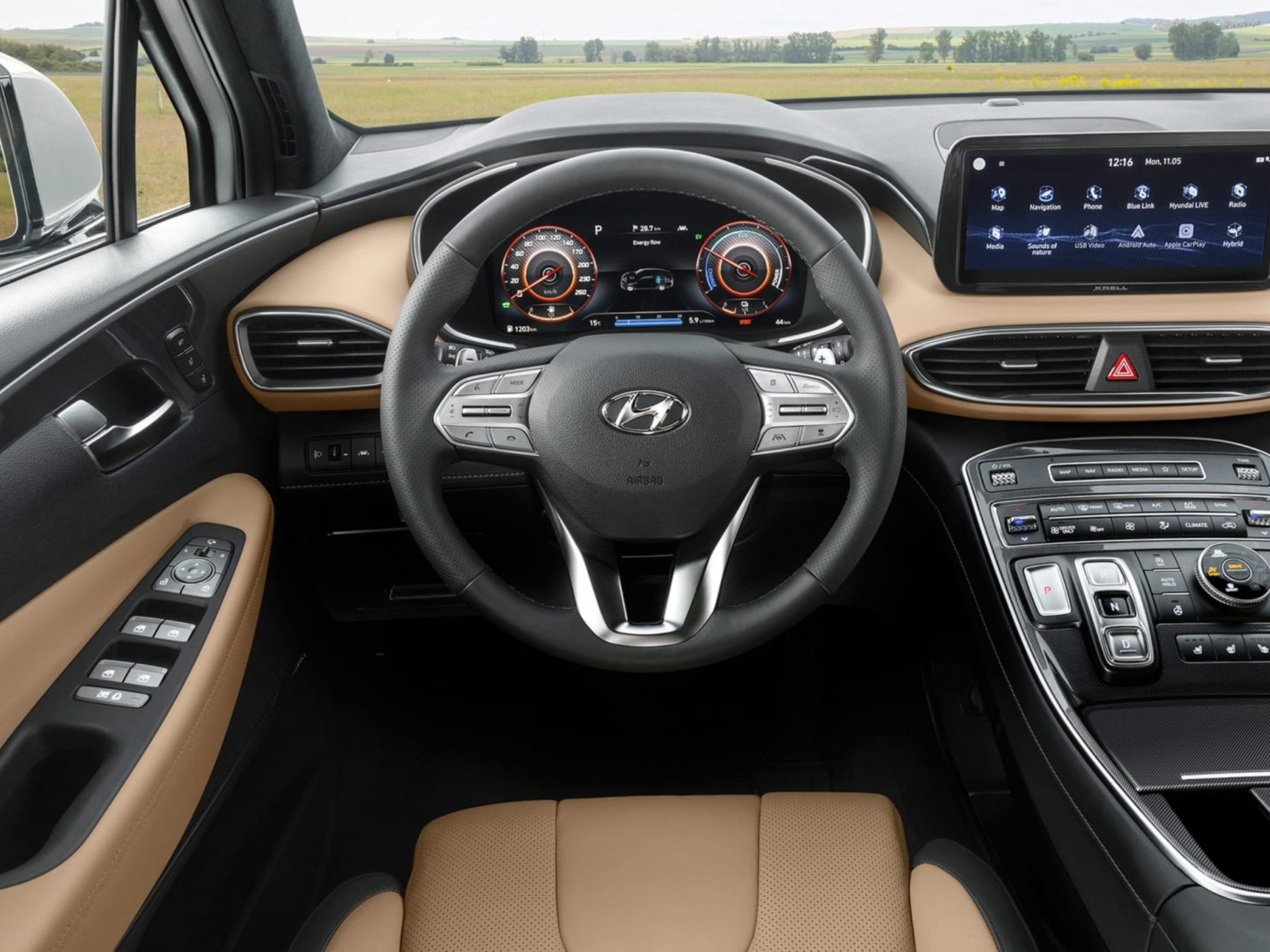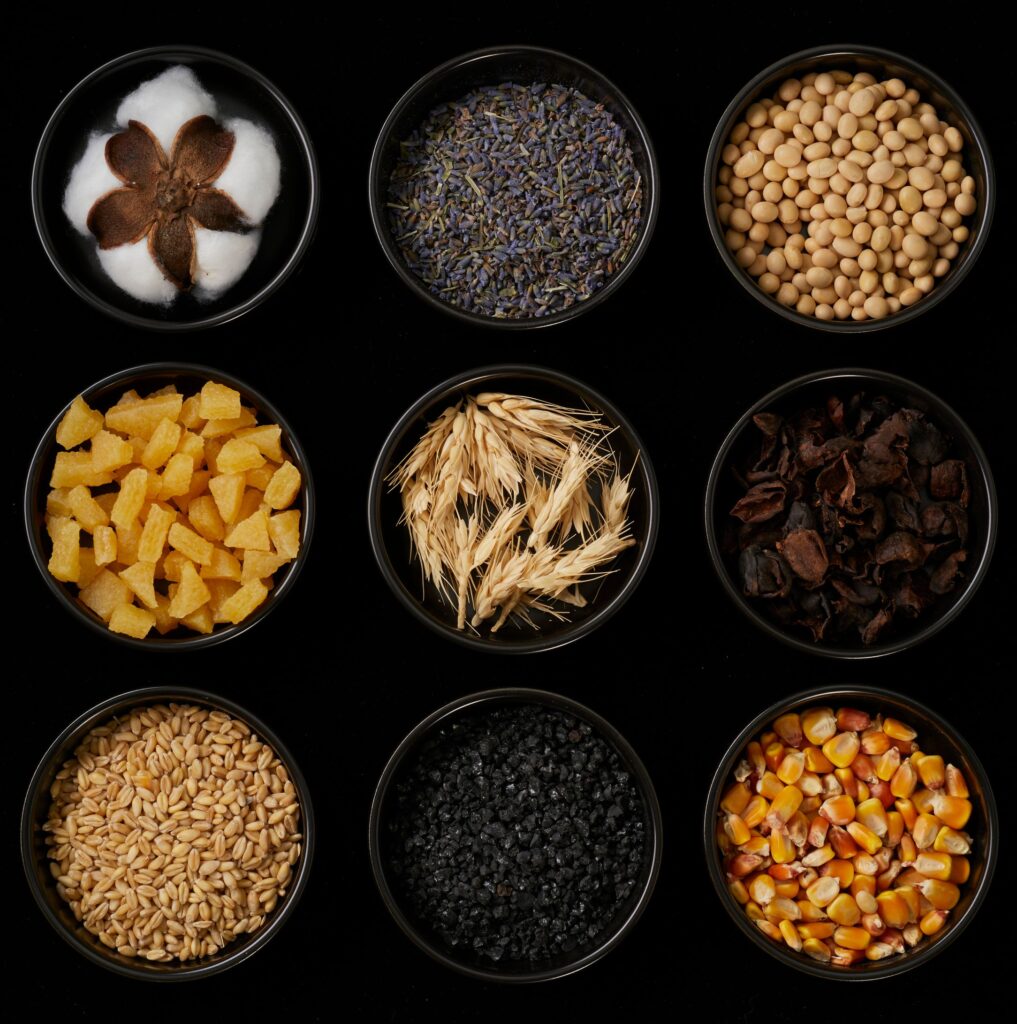
South Korean carmaker Hyundai has partnered with US biomaterials startup Uncaged Innovations to develop animal- and plastic-free leather alternatives for its vehicles.
Hyundai is the latest auto giant to embrace sustainable leather, striking a new partnership with New York-based Uncaged Innovations.
The carmaker’s open innovation hub, Hyundai Cradle, is working with the biomaterial startup to create an animal- and plastic-free leather material for use in its cars and trucks.
Uncaged Innovations’s material is made with proteins derived from grain byproducts, avoiding reliance on livestock and fossil fuels, and cutting down on waste at the same time.
“Uncaged’s grain-based protein leather alternative stood out to us for its unique molecular design and manufacturing process, which allows us to drastically lower environmental impact while meeting the demanding quality and performance standards of automotive interiors,” said Brendon Kim, senior VP and head of Hyundai Cradle Silicon Valley.
Uncaged Innovations ditches cows and plastic for grains

Founded in 2020 by CEO Stephanie Downs and Xiaokun Wang, Uncaged Innovations claims to be the first to have developed leather made from grains, including wheat, soy and corn.
It combines its tech platform, BioFuze, with roll-to-roll biomanufacturing techniques. Unlike others in the space that use carbohydrate-derived designs (which can lack the molecular structure to behave like skin), the firm blends grain proteins with other biomaterials to build a fibral network that replicates the scaffolding functions of collagen, the primary protein in conventional leather.
Traditionally derived from animal hide, leather has been touted as a byproduct of the meat and dairy industries. In reality, it’s more of a co-product – and in many cases, it’s the primary product. Producing it is an energy– and water-intensive process linked to deforestation and biodiversity loss. Aside from the animal exploitation aspect, it has a much higher carbon footprint, at 110kg of CO2e per square metre, compared to synthetic and plant-based alternatives.
But synthetic leather has a big plastic-shaped problem. Plastic takes between 20 and 500 years to break down and decompose, and its production is responsible for 3.4% of global emissions, a share set to double by 2060. Plastic-based leather can also shed toxic microplastics that can enter waterways – thus destroying aquatic life, and our food system.
Uncaged Innovations’ version, called Elevate, is fully biodegradable, thanks to a corn-based coating. An independent life-cycle assessment has shown that its grain-derived leather emits 95% fewer greenhouse gases, requires 89% less water, and consumes 71% less energy than conventional leather, without compromising on texture, durability, or quality.
Sustainable leather alternatives are a growing focus for the car industry

“Uncaged’s approach, which minimises chemical inputs and leverages natural resources like coffee bean shells for dyes, aligns perfectly with Hyundai Motor Group’s sustainability material strategy of prioritising high bio content and minimal chemical use,” said Kim.
When the sustainable leather alternative is launched, it will join a growing list of planet-friendlier materials being used by Hyundai. A quarter of the plastic it uses in the interior of its Ioniq Electric is derived from wood cellulose. In addition, the company uses paint that includes corn oil, leather dyed using flaxseed oil, and seat covering material made from eucalyptus cellulose.
Plus, through its Re:Style initiative, Hyundai works with sustainable designers to create jewellery, clothes, and bags with discarded materials from its car production process.
“Hyundai Motor Group’s commitment to sustainable and animal-free materials makes them the ideal partner for us to advance what’s possible in automotive manufacturing,” said Stephanie Downs, co-founder and CEO of Uncaged Innovations.
“Automotive interiors require the highest possible durability and quality. Developing a scalable, sustainable alternative for vehicle interiors underpins the strength of the technology behind our entire platform, helping us create luxurious and durable materials for a wide range of applications and industries.”
Hyundai is one of several carmakers to invest in sustainable leather. Jaguar Land Rover is also working with Uncaged Innovations, after multiple investments in the startup, to develop prototypes for its brands.
General Motors has previously unveiled a concept EV under its Cadillac division, which used mycelium-based materials from Californian startup MycoWorks.
In 2022, Mercedes-Benz used mushroom and cactus leather, bamboo fibres, as well as biofabricated silk in the Vision EQXX concept EV. And this year, it leveraged Modern Meadow’s Innovera material to create a cow-free alternative for its technology programme, Concept AMG GT XX. Called LabFiber Biotech, it combines chemically recycled AMG GT3 racing car tyres (conducted using the mass balance approach), plant-based proteins, and biopolymers.
The post Hyundai Bets on Plastic-Free, Grain-Based Leather to Drive Sustainability appeared first on Green Queen.
This post was originally published on Green Queen.